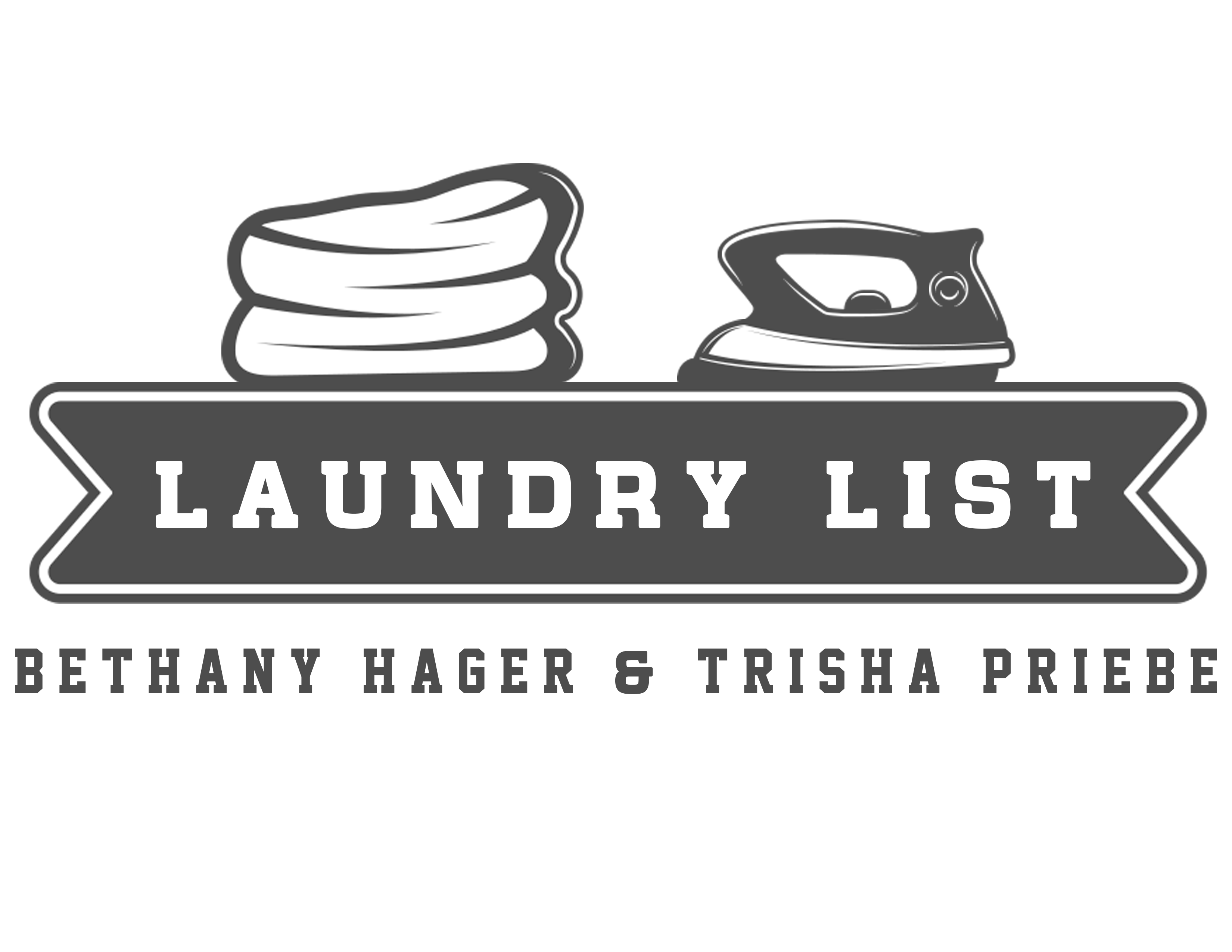Whether you’re already an established fan of the Enneagram or you’re saying, “Ennea-what?” this episode is for you. Joining the conversation with Bethany and Trisha today is writer and speaker Jill McCormick who brings her divinely-inspired perspective, insight, and commentary of others to shed light on this popular personality tool.
Have something to add to the conversation? Want to share YOUR list? We’d love to hear from you.
Facebook: www.facebook.com/thelaundrylistpodcast
Instagram: www.instagram.com/laundrylist.podcast/
Links Jill mentioned on the show:
Enneagram Freebie for listening!
To connect with Jill
- Website
- GraceInRealLifePodcast.com
- Facebook group
- Facebook page
- Subscribe to Jill’s weekly “the good + the grace” email
Let’s talk about the Enneagram!
Here are 10 takeaways from the episode—
- I think it’s so important for every one of us to understand that we were created by God, with our personality type, by design for a specific purpose. So we can be the person God created us to be, and so we can do the good work God created us to do. And so what I have learned about my identity over the years and struggling with it, is that there’s only one piece of my identity—and that is beloved daughter of the King of Kings. (Jill)
- So the Enneagram at its most basic, is an ancient personality typing tool that says there are nine different lenses through which we see the world. At a more complex level, it gives us language and words to what’s rumbling around in our hearts. (Jill)
- So I think what’s so critical and so different about the Enneagram is it speaks to our motivations. (Jill)
.
4. “I am not my personality type, I am not the sum total of my fears, my sins, my worries, my strengths. That’s not who I am; that’s just a label. The Enneagram is just a shortcut language to say how I process and see the world. So the Enneagram is not who you are. “
Jill McCormick, jillemccormick.com
.
5. We can use the Enneagram to help us learn about ourselves—not because we’re interested in navel gazing—but because we’re interested in living in freedom. And the more we can identify our wounds and our struggles, the more we get to talk to Jesus about it. (Jill)
6. When trying to determine your Enneagram type, think of your personality through the lens of your mid-20s. Because by your mid-to-late 20s, your brain is fully developed. And you also have a lot less baggage or mileage than you do in your 30s, 40s, 50s. (Jill)
7. When we did our book list a few weeks ago on the podcast, one of the books that I had on my list was to read Paula Faris’s book “Called Out.” And it speaks to exactly this. And I’ve finished that book now. I underlined so much of it—where she just walks people through—separating out what you work at is not who you are. (Bethany)
8. There are two books written by two Christian authors that I strongly recommend. One is, “Self to Lose, Self to Find” by Marilyn Vancil. And the other is, “Becoming Your True You” by Heath Davis Havlick. (Jill)
9. Here’s what I’ve learned about role vs. identity. When I confuse roles with identity, I start to spin out a little bit. If there’s something I’ve placed too much of my identity in and then I’ve lost It, suddenly I have to figure out who I am again. (Trisha)
10. Why this gives us tremendous hope and security is because if we are a child of God, nothing, absolutely nothing, can change our identity. And that is so secure, isn’t it? (Trisha)

